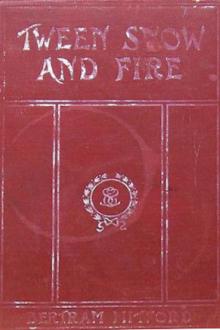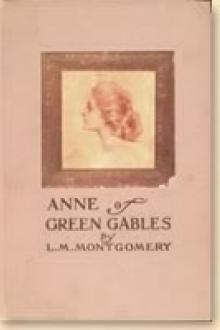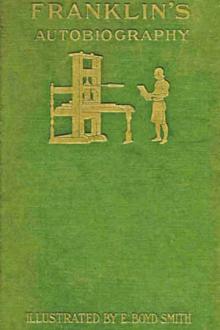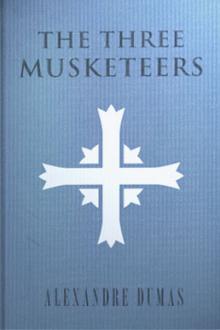History of England from the Norman Conquest to the Death of John (1066-1216)
History of England from the Norman Conquest to the Death of John (1066-1216)
Book Excerpt
the character of the public men of England, who were left alive to head and direct a new resistance. The only candidate for the throne upon whom all parties could unite was a boy of no pronounced character and no experience. The leaders of the nobility who should have stood forth in such a crisis as the natural leaders of the nation were men who had shown in the clearest way their readiness to sacrifice England to their personal ambitions or grievances. At the head of the Church were men of but little higher character and no greater capacity for leadership, undisguised pluralists who could not avoid the charge of disregarding in their own selfish interests the laws they were bound to administer. London, where the greater part of the fugitives had gathered, could hardly have settled upon the next step to be taken when William began his advance, five days after the battle. His first objective point was the great fortress of Dover, which dominated that important landing-place upon the coast. On the way he stopp
Editor's choice
(view all)Popular books in History
Readers reviews
5.0
LoginSign up
Great book. Provides in depth history of medieval period. Concise and fluent narrative style, makes an enjoyable read.
- Upvote (0)
- Downvote (0)
A very good history of the two hundred years of England after the Norman Conquest. The author gives a thorough and readable description of the personalities and characteristics that became the English nation, with an emphasis on the constitutional innovations that developed from the Norman influence.
05/25/2008

 Free Download
Free Download























-itok=vcKIB5v1.jpg)